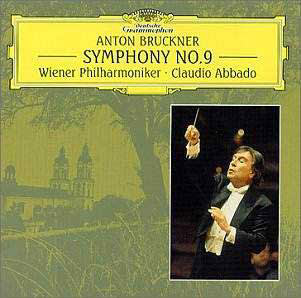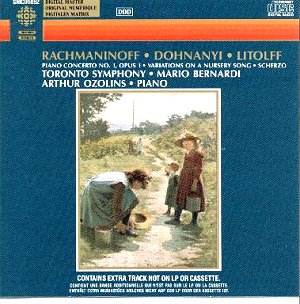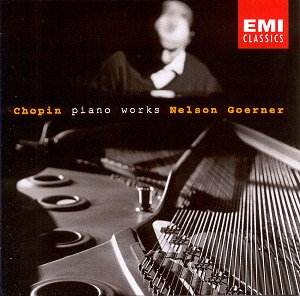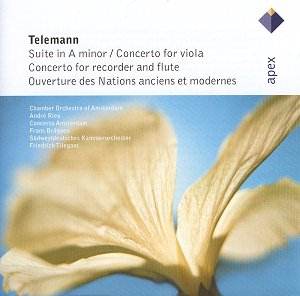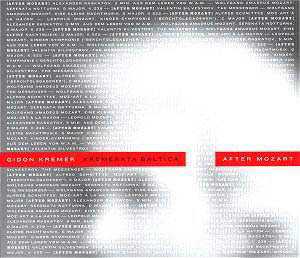 Composer: Wolfgang Amadeus Mozart, Leopold Mozart, Alexander Raskatov, Valentin Silvestrov, Alfred Schnittke
Composer: Wolfgang Amadeus Mozart, Leopold Mozart, Alexander Raskatov, Valentin Silvestrov, Alfred Schnittke
Works: Serenata Notturno in D major, K.239; Eine Kleine Nachtmusik in G major, K.525; Kinder-Symphonie in C major; 5 Min. aus dem Leben von W.A.M.; The Messenger; Moz-Art à la Haydn
Performers: Kremerata Baltica, Gidon Kremer (violin)
Recording: Various venues in Germany and Austria, October 1999 – June 2000
Label: Nonesuch
Gidon Kremer’s latest endeavor with the Kremerata Baltica presents a compelling examination of the works of Mozart alongside contemporary compositions that echo or respond to his enduring legacy. This disc, aptly titled “After Mozart,” seeks to intertwine the elegance of classical form with the innovative spirit of modernity, thus creating a nuanced dialogue between the past and present. It is a continuation of Kremer’s fruitful exploration of polystylistic interpretations, notably reminiscent of his previous projects, including his notable reimagining of Piazzolla’s Four Seasons.
The performance of Mozart’s works is vibrant and refreshing, characterized by Kremer’s unyielding commitment to clarity and rhythmic vitality. The Serenata Notturno, K.239, unfolds with a spirited buoyancy, as Kremer and his ensemble navigate its intricate layers with a pointed rhythmic approach that highlights the work’s playful nature. The finale, in particular, benefits from Kremer’s adventurous spirit, as he introduces improvisatory cadenzas that evoke the improvisatory freedom of jazz, showcasing an imaginative lineage that ties the music to a broader cultural context. This interplay of styles creates a rich tapestry, inviting listeners to reconsider the familiar in an invigorating light.
Similarly, the performance of Eine Kleine Nachtmusik, K.525, retains its quintessential charm while also embodying Kremer’s penchant for embellishment. The ensemble’s treatment of this well-trodden piece elevates it beyond mere familiarity, as Kremer’s interpolations breathe new life into the melodic lines, reminiscent of the concerto grosso tradition. This approach might raise eyebrows among purists, but the execution is imbued with such conviction and joy that it feels entirely appropriate, capturing the very essence of Mozart’s playful spirit.
Leopold Mozart’s Kinder-Symphonie, often misidentified as the Toy Symphony, is presented with an infectious exuberance, further enhanced by contemporary interjections such as mobile phone sounds that nod to modern distractions. This audacious choice serves not only to contemporize the piece but also to create an experiential bridge between the centuries. Kremer’s assertion that it feels as if we are inviting Mozart and his father into the studio speaks to the playful and experimental ethos that permeates this recording.
The contemporary works featured on the disc are equally thought-provoking. Raskatov’s 5 Min. aus dem Leben von W.A.M. captures the charm and innocence of Mozart’s style while recontextualizing it through modern techniques such as soft tone-clusters and varied instrumental colors. This piece, along with Silvestrov’s haunting The Messenger, offers an introspective respite amid the exuberance of the earlier works. Silvestrov’s work, in particular, envelops the listener in a dreamlike soundscape, where unresolved melodies and distant echoes conjure a sense of longing that speaks to the complexities of memory and loss.
Schnittke’s Moz-Art à la Haydn, a work marked by clever collage and witty pastiche, challenges the listener while maintaining respect for Mozart’s idiom. Here, Kremer’s affinity for the theatrical shines through, as the piece culminates in an imaginative exit of musicians, reminiscent of the Farewell Symphony by Haydn. This layering of historical references and contemporary commentary illustrates the multifaceted nature of Kremer’s vision.
The recording quality is exemplary, with a clarity that allows each instrumental voice to resonate with distinctiveness, enhancing the listening experience. The engineering captures the lively interplay among the musicians, making the audience feel as though they are part of this intriguing dialogue. The insightful liner notes by Bob Gilmore provide further context, enriching the listener’s understanding of the works and their interconnections.
This disc is a masterclass in juxtaposition, an engaging exploration that invites listeners to traverse the boundaries of time and style. Kremerata Baltica’s adept musicianship and Kremer’s visionary leadership coalesce to create a performance that is both intellectually stimulating and musically satisfying. The result is an absorbing experience that not only honors Mozart’s legacy but also celebrates the ongoing dialogue between the past and the present, making this recording a significant addition to the contemporary classical repertoire.
